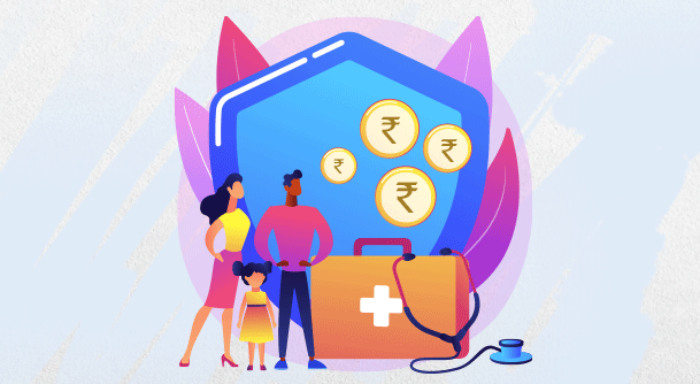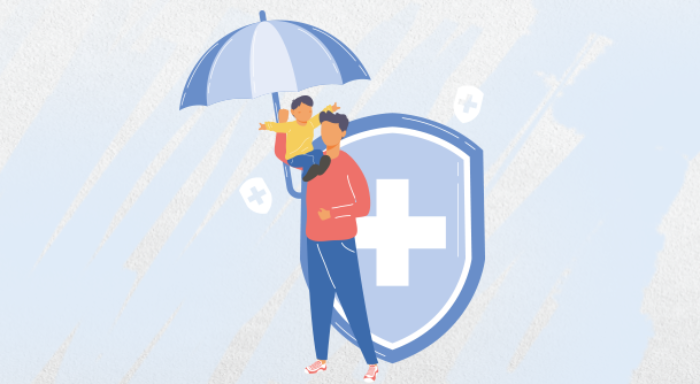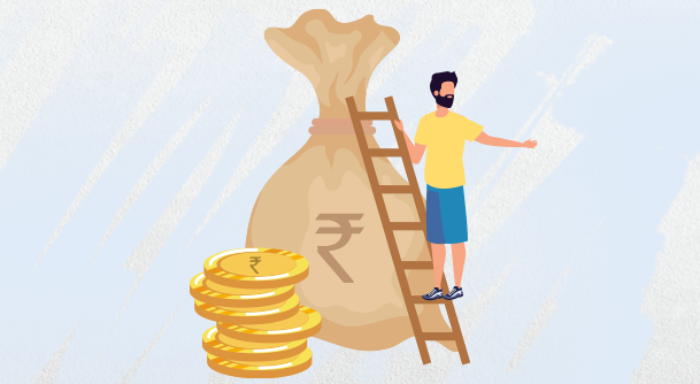Best Tips To Start Saving For Beginners
Blog Title
237 |
The hardest thing about saving money is just getting started! It may sound difficult but at some point of time, you have to start saving to meet your financial goals. This is a step-by-step article that can help you develop a realistic savings plan.
Note your expenses:
The first step in saving money is to know how much you’re spending. For one month, keep a record of everything you spend. That means how much you spend on food, coffee, shopping, travel,etc.for the entire month. Once you have this in place then organize these numbers as per the things you spend on. For example, gas, groceries, EMIs and so on. Get the total amount for each of them so that you know where you spent the maximum.
Set a budget:
Now that you are aware where you spend the most on, you can set a budget to plan your spending and see if you can curb any expenditures. Make sure you put away the expenditures that are not very important and can be curbed easily in an emergency savings fund.
Plan on saving money:
Try to save at least 10-15% of your net income. Try making it a habit.
Set savings goals:
Setting savings goals makes it much easier to get started. Begin by deciding how long it will take to reach each goal. Some can be short-term goals while others can be long term goals::
- Saving for a vacation
- Saving for a new gadget
- Saving for a new vehicle
Long-term savings goals are often several years or even decades away and can include:
- Saving for child’s education
- Saving for a down payment on a house
- Saving to start up a new business
Decide on your needs:
When it comes to saving, different people have different needs. It depends on which saving goal is the most important top you. Part of this process is deciding how long you can wait to save up for a goal and how much money you want to put away each month to help you reach it. As you do this for all your goals, order them by priority and set money aside accordingly in your monthly budget.
If you are looking at saving for emergency funds which may be needed in case an unfortunate event like death, critical illness or an accident occurs to you, insurance plans should be included in your list of financial plans. Insurance could be a better option because you have to pay a small amount of premium every year and you or your family members get the full sum assured in the incidence of an unfortunate event.
If you are saving for a short term goal like going on a mini-vacation then you can try opening a Recurring deposit. However, RDs are good for very short term goals because you may get tempted to utilize that amount within a short duration.
For goals like saving for child’s education, you can go for a savings plan that provides guaranteed returns. These plans provide returns with bonus and also give you tax benefit.
Related post: Understanding Your Insurance Needs
Swati Tumar - Travel & Finance Writer
Swati is a Writer in the day and an illustrator at night. Among her interests, she is quite fond of art and all things creative. She often indulges herself in creating doodles, illustrations, and other forms of content. She identifies herself as an avid traveler and shameless foodie.









